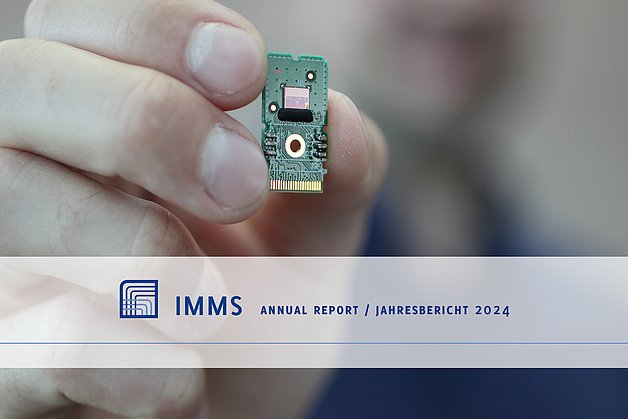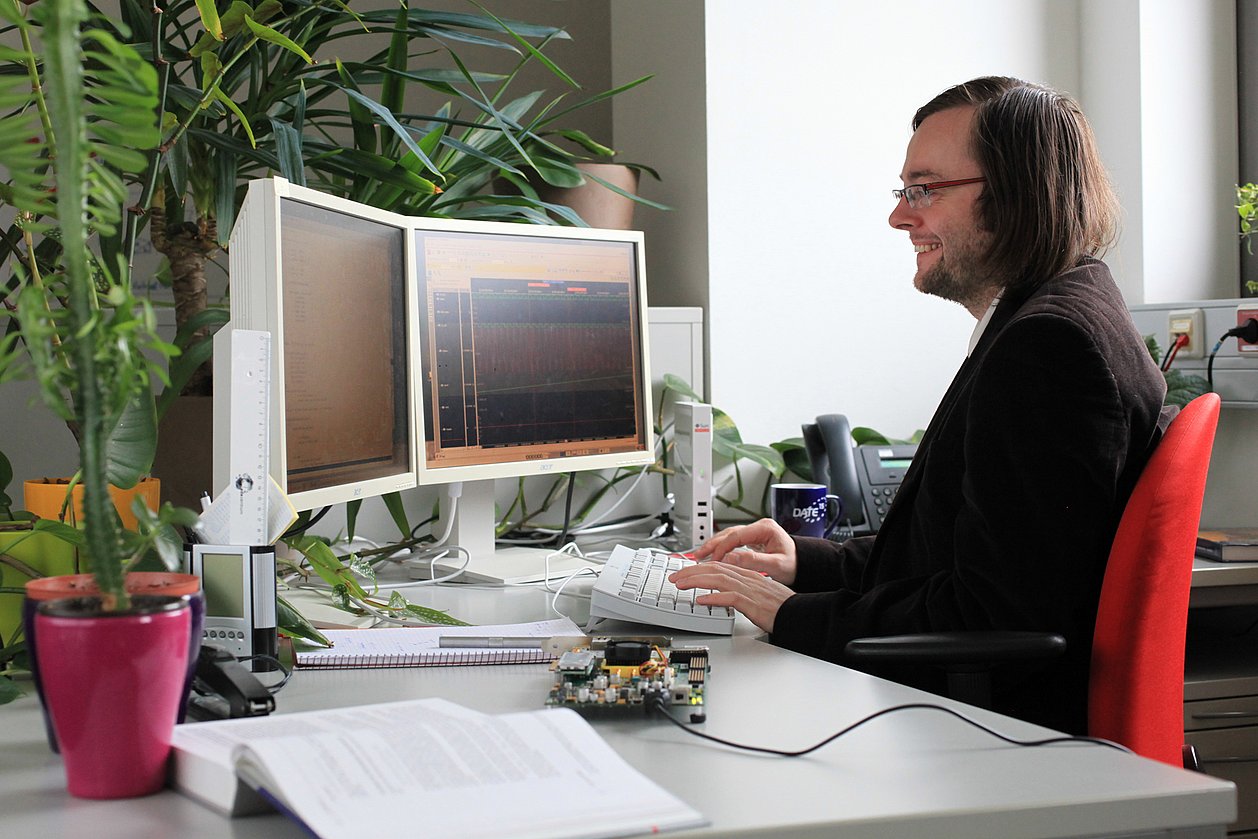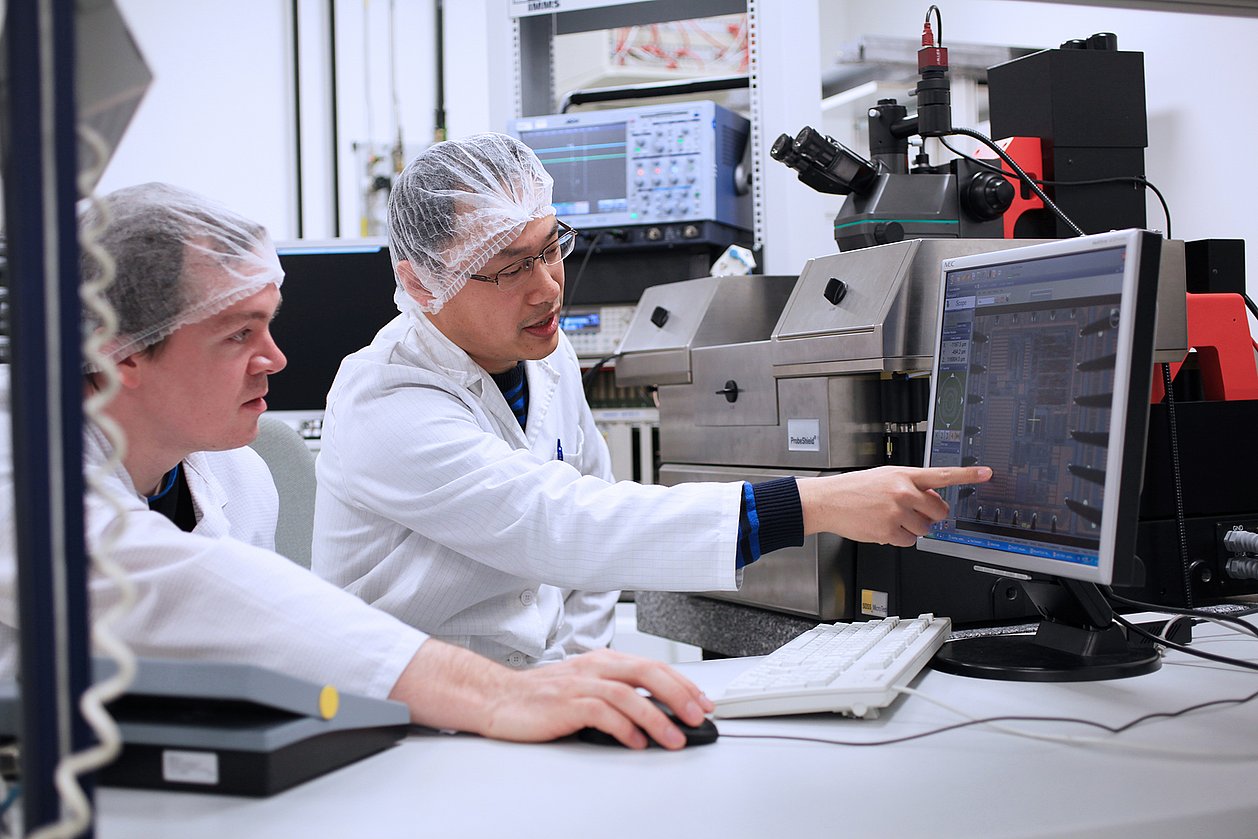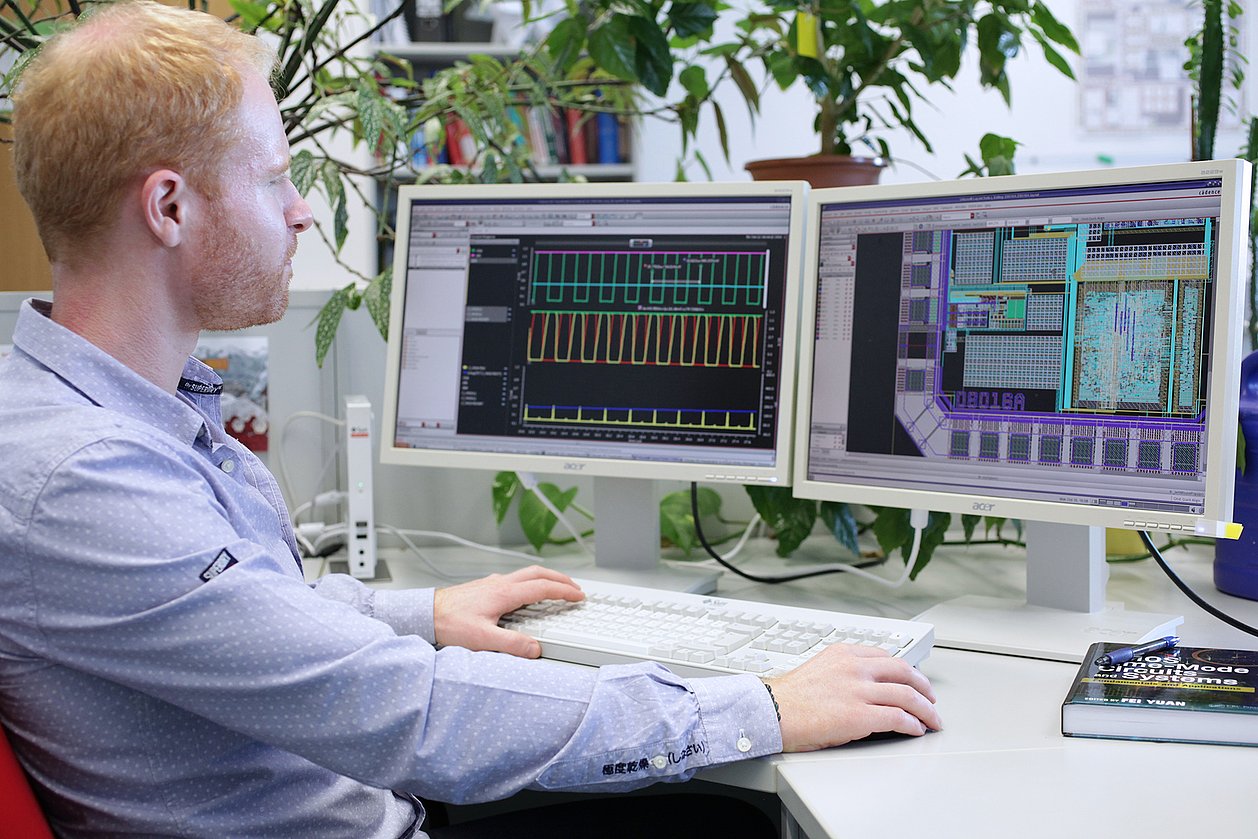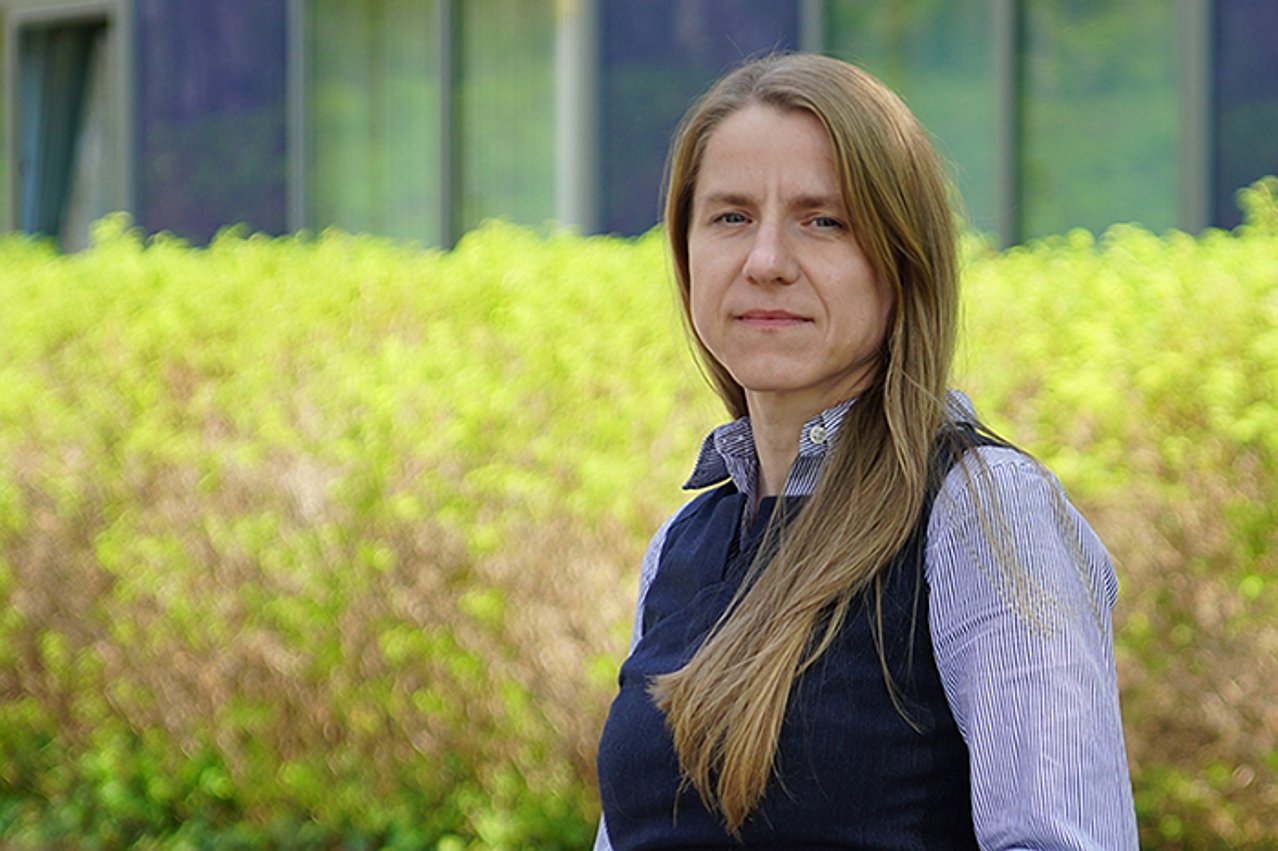edaWorkshop 2024
Trust is good, monitoring is better: An FPGA/TEE-Based Monitoring-Approach to Malware Detection and Prevention
Friederike Bruns [1], Georg Gläser [2], Florian Kögler [2], Jonas Lienke [2], Nithin Ravani Nanjundaswamy [3], Gregor Nitsche [3], Behnam Razi Perjikolaei [1], Jörg Walter [1]
[1] OFFIS e.V. Institut für Informatik Oldenburg
[2] IMMS Institut für Mikroelektronik- und Mechatronik-Systeme gemeinnützige GmbH (IMMS GmbH)
[3] DLR Institut für Systems Engineering für zukünftige Mobilität
Abstract:
In the development of safety-critical control devices, preventing the integration of malware or trojans is essential to ensure the trustworthiness and integrity of all system components. By proactively detecting and mitigating potential threats, this work aims to prevent the occurrence of faulty behavior within industrial plants and mitigate the risk of critical data leakage, thereby enhancing the safety and operational integrity of the developed systems.
This challenge is addressed by creating a trustworthy environment, designed independently and integrated into the system just before commissioning. Central to this concept is the implementation of a selection of diverse observers and monitors within the trustworthy environment. Observers and monitors are strategically positioned at various system components to observe the components behavior and detect a range of potential malfunctions. Deploying the trustworthy environment aims to assure the system’s resilience against both internal and external threats. Fundamental to this concept is that the integration of the trustworthy environment occurs at a late stage in the system development process. The modular approach allows for independent verification and validation of its integrity before deployment and enhances the security posture of the control device.
Zugehörige Inhalte
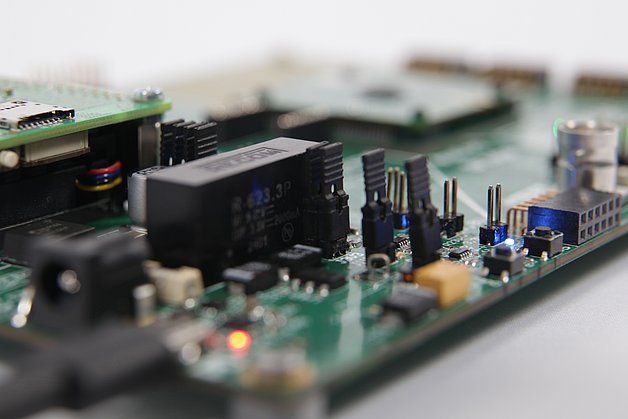
Projekt
VE-VIDES
Gegen Hackerangriffe: Innovative Chip-Architekturen, Modellierungs- und Verifikationsmethoden für vertrauenswürdige Elektronik
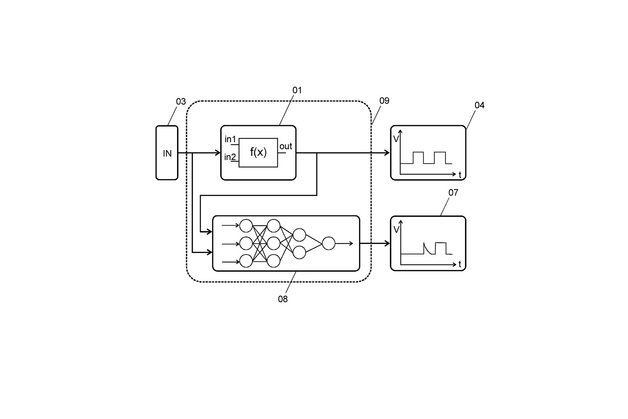
Patent
DE 10 2021 126 108
Verfahren zum Erweitern und Verwenden eines Modells zum Simulieren einer elektronischen Schaltung
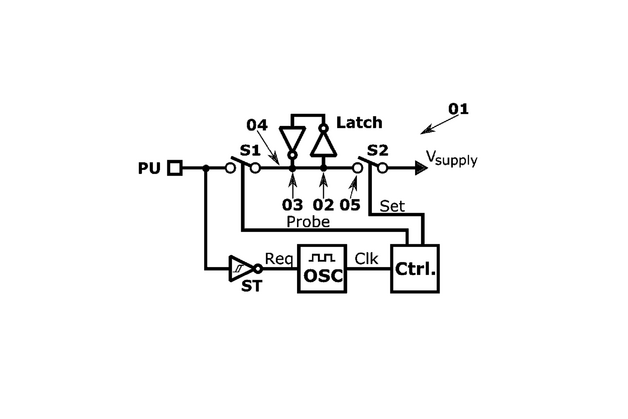
Patent
DE 10 2016 119 927
Schaltungsanordnung zur Bereitstellung der Ladeenergie für einen Pegelwechsel auf einem Signalbus, Verfahren zur Kalibrierung und…

Patent
DE 10 2016 113 283
Verfahren zum Bestimmen einer Widerstandsauslenkung einer Wheatstone-Brücke in einer Hochtemperaturumgebung
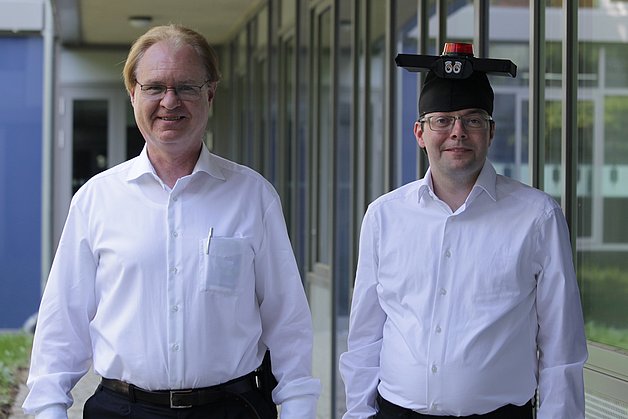
Pressemitteilung,
Zuverlässige und schnellere Chip-Designs durch invasive und parametrische Simulationsmethoden
Dissertation zu neuen Methoden für die Automatisierung beim Entwurf integrierter Schaltungen
Das könnte Sie auch interessieren
Kontakt
Kontakt
Dipl.-Hdl. Dipl.-Des. Beate Hövelmans
Leiterin Unternehmenskommunikation
beate.hoevelmans(at)imms.de+49 (0) 3677 874 93 13
Beate Hövelmans ist verantwortlich für die Text- und Bildredaktion dieser Webseite, für die Social-Media-Präsenz des IMMS auf LinkedIn und YouTube, die Jahresberichte, für die Pressearbeit mit Regional- und Fachmedien und weitere Kommunikationsformate des IMMS. Sie stellt Ihnen Texte, Bilder und Videomaterial für Ihre Berichterstattung zum IMMS bereit, vermittelt Kontakte für Interviews und ist Ansprechpartnerin für Veranstaltungen.



